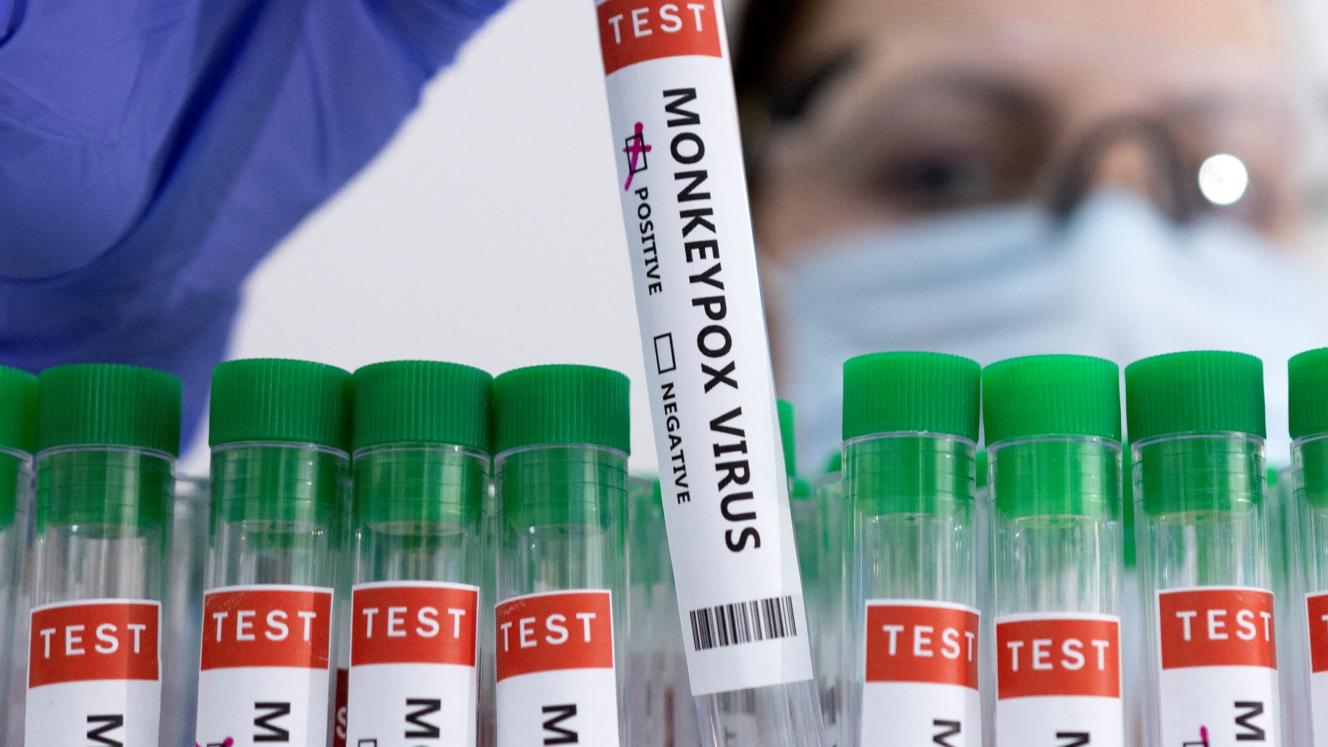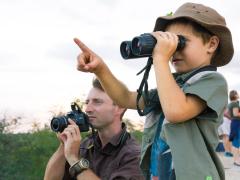The US Centers for Disease Control and Prevention (CDC) has increased its warning for monkeypox in multiple countries to a Level 2 – Practice Enhanced Precautions – but says the risk to the general public is low.
The World Health Organization had recorded 257 confirmed cases and about 120 suspected cases in 23 nations where the virus is not endemic, as of Thursday, May 26.
Monkeypox is rare and was discovered in 1958 when two outbreaks of a pox-like disease occurred in colonies of monkeys that were kept for research. The first human case was recorded in 1970 in the DRC.
Infection with the virus begins with fever, headache, muscle aches and exhaustion. Usually, within one to three days, a rash develops, often beginning on the face then spreading to other parts of the body.
Cases of the virus, which is usually endemic to Central and West Africa, have been seen in Europe, North America, Australia, and Israel. The CDC provides a list of countries on its website for which a Level 2 alert has been issued. None of the cases reported is in people who have recently travelled to countries where the virus usually occurs.
The alert advises avoiding close contact with individuals who are sick, with dead or wild animals, and eating or preparing meat from wild game.
Biotech companies and health officials are looking to make testing for the virus more widely available in the US, reports CNN. Dozens of public health labs across the US currently use a more generalised test for orthopoxvirus.
Biotech companies, Roche and Abbott, plan to roll out monkeypox PCR tests. Said CEO of Roche Diagnostics, Thomas Schinecker: “Diagnostic tools are crucial for responding to and ultimately controlling emerging public health challenges, as they advance response measures such as tracing efforts and treatment strategies.”













